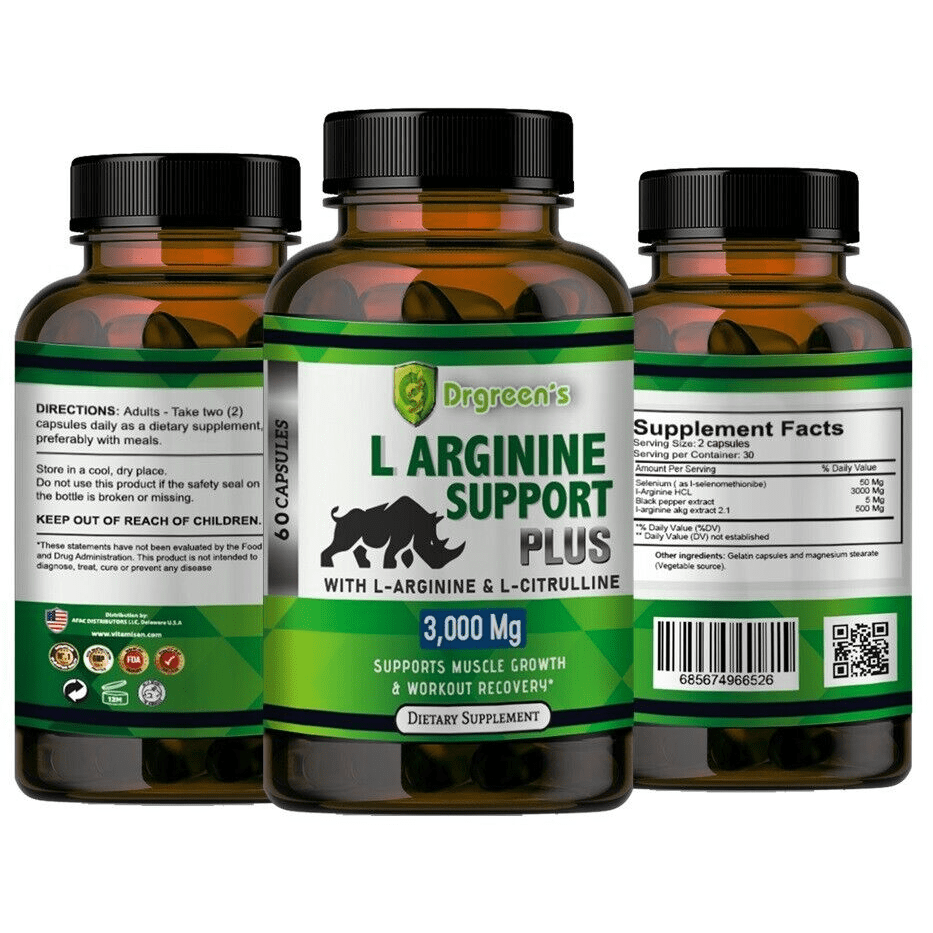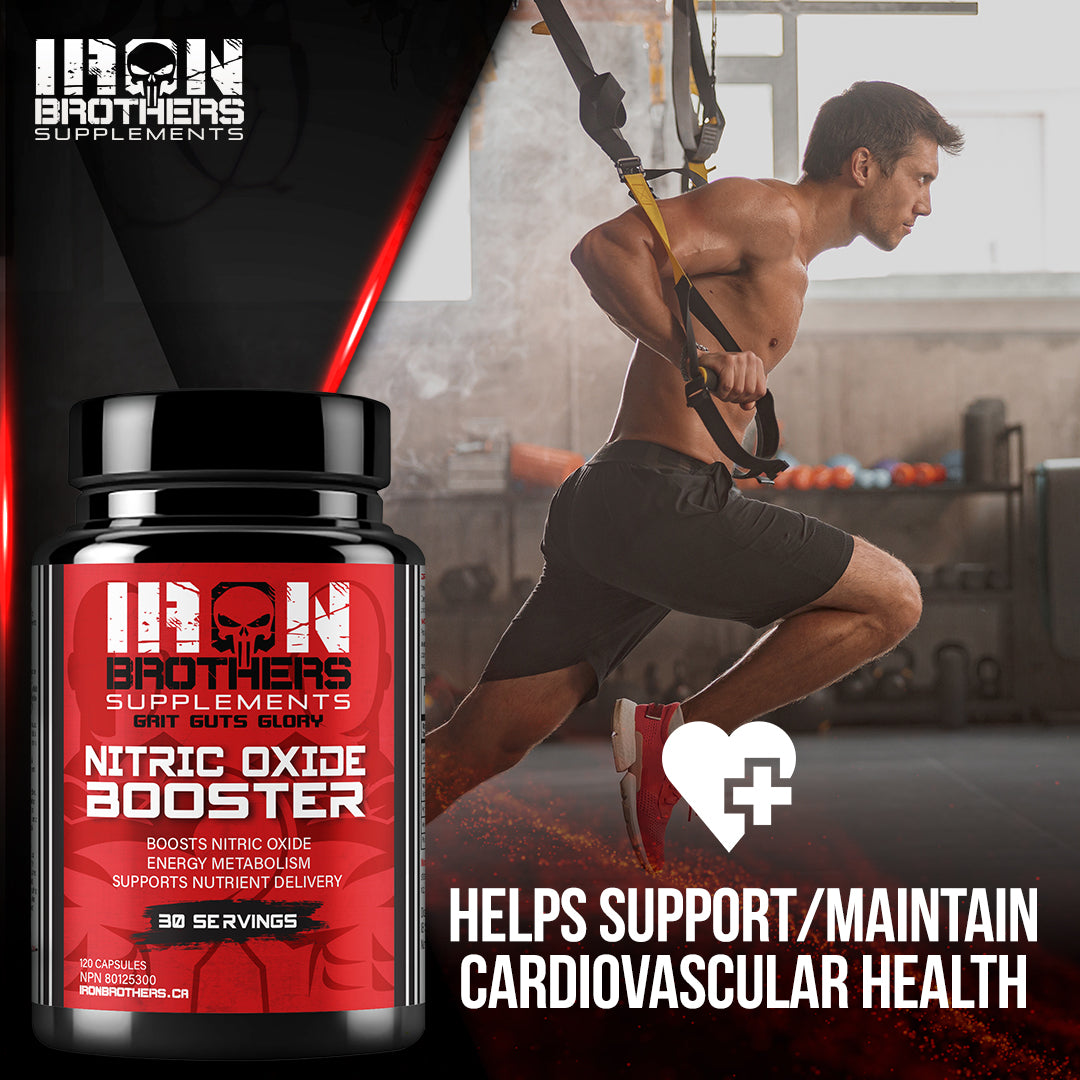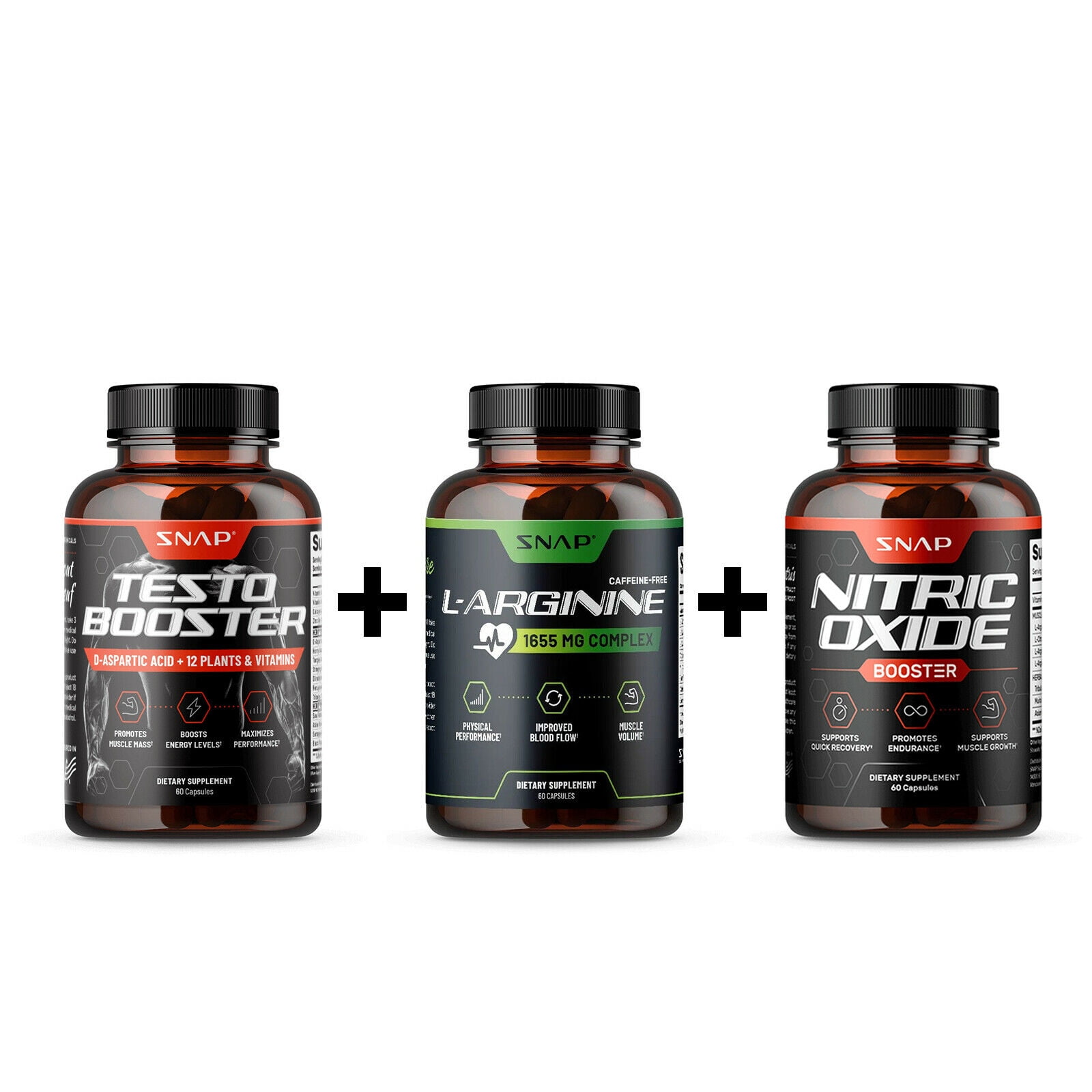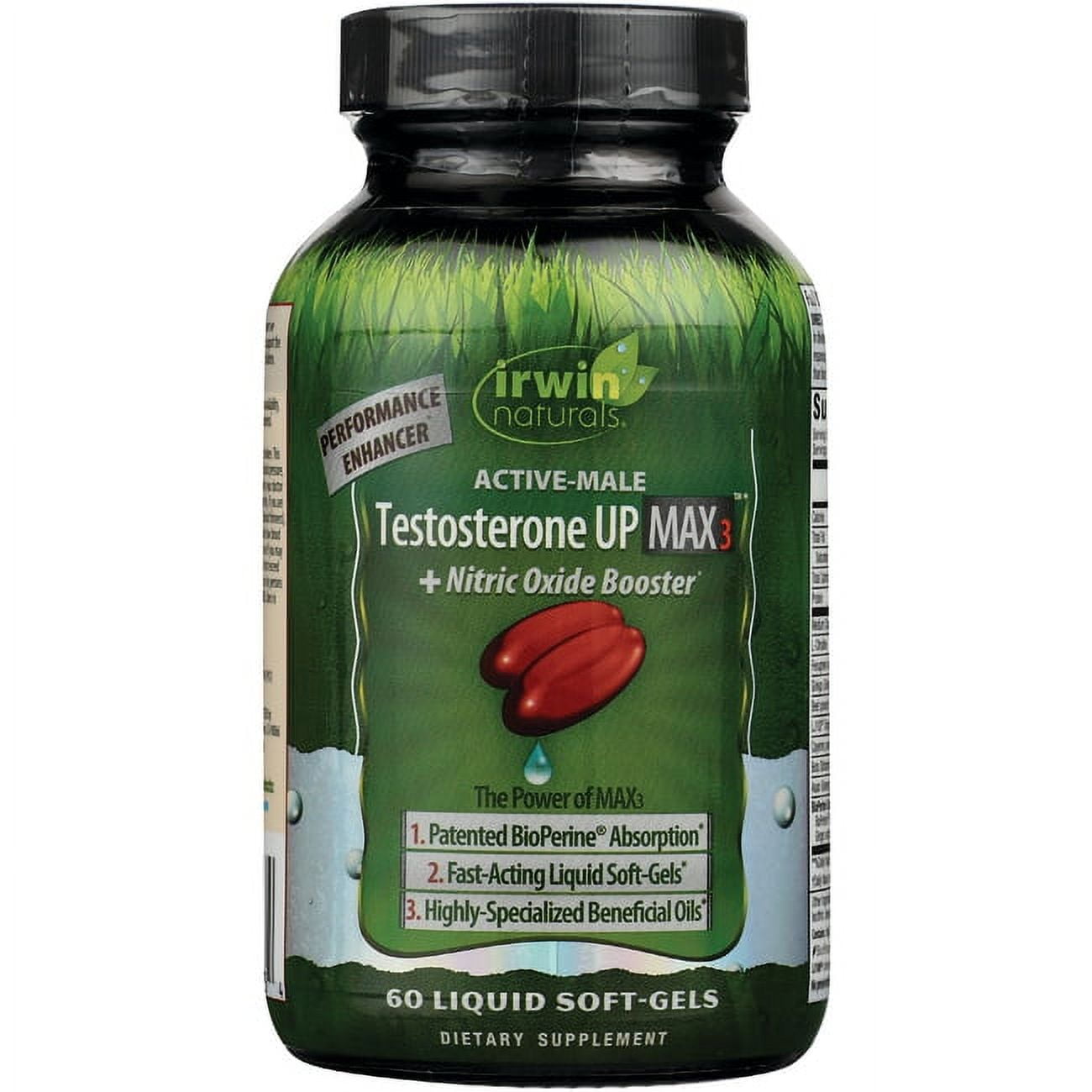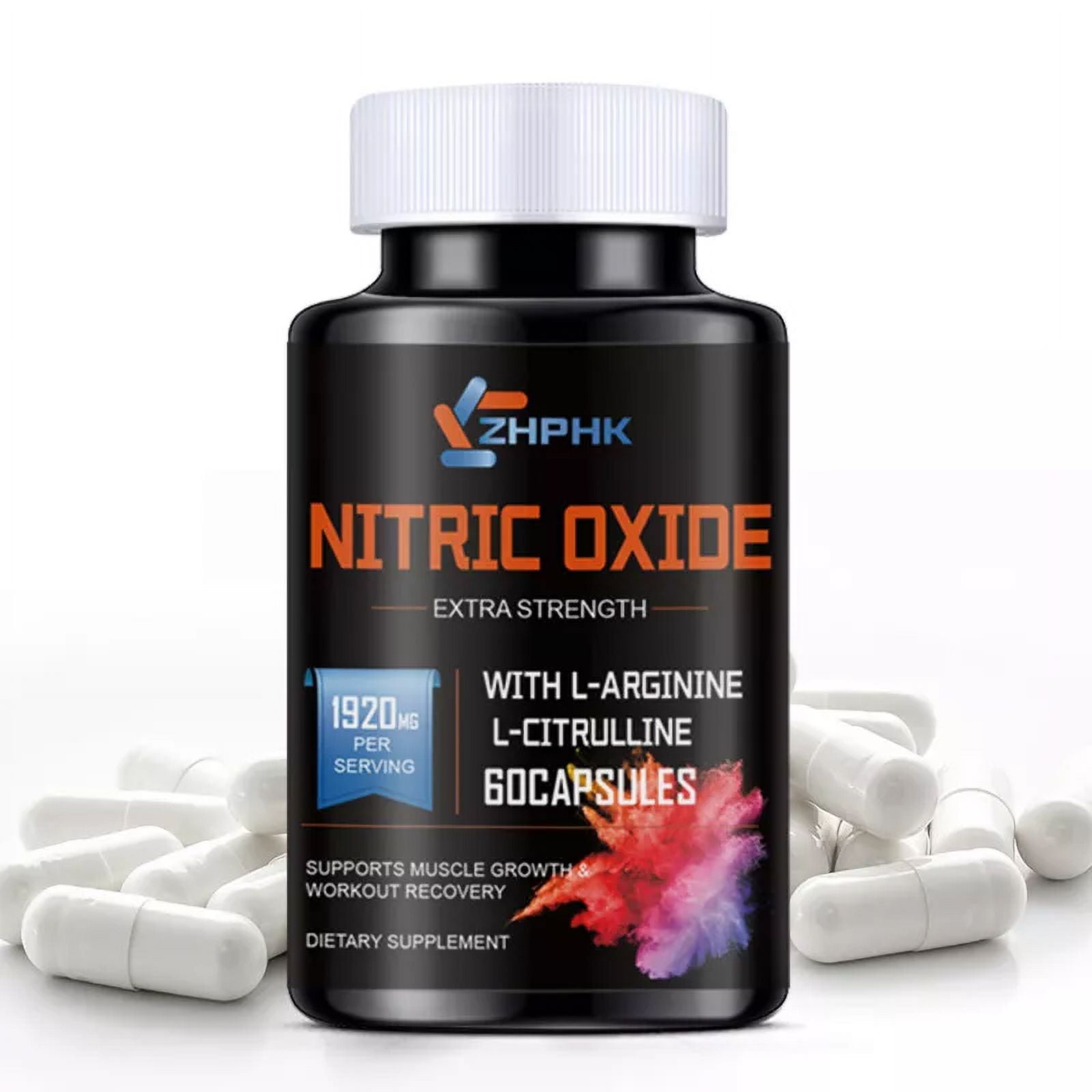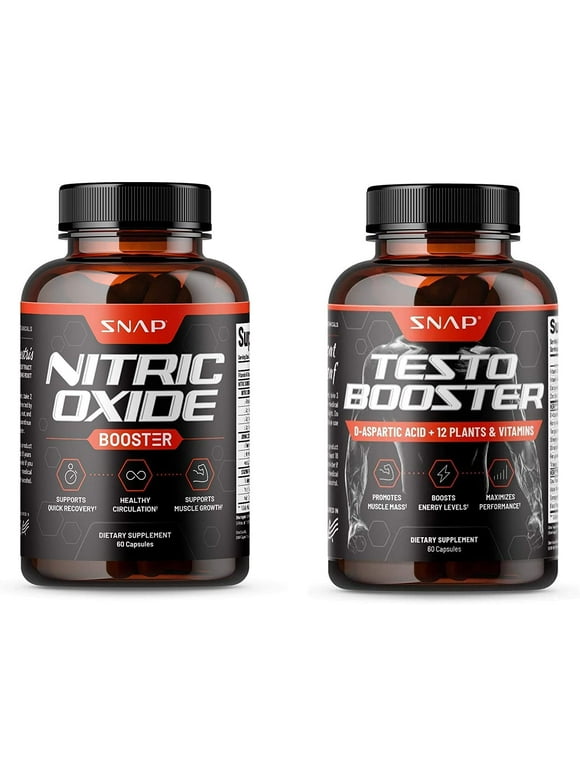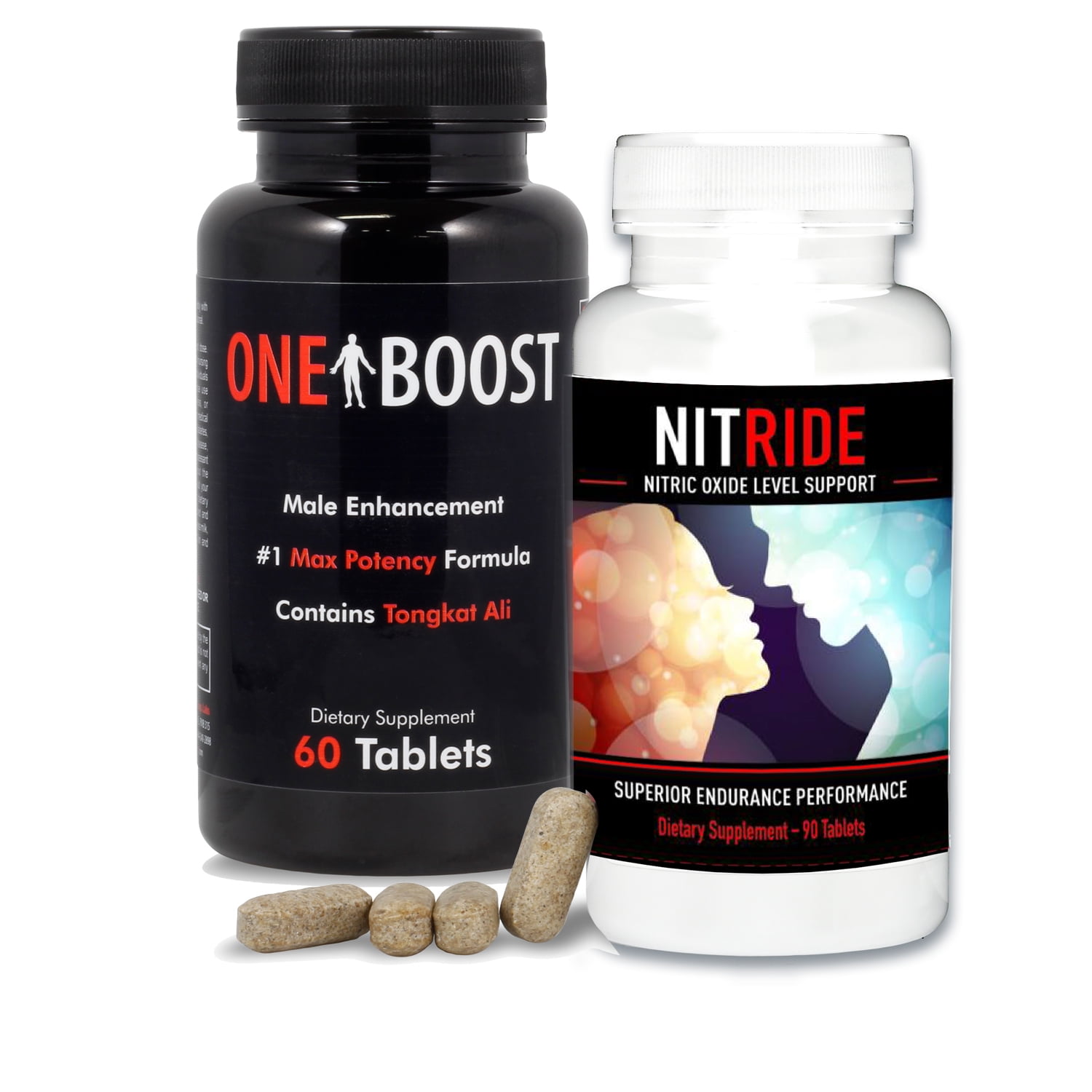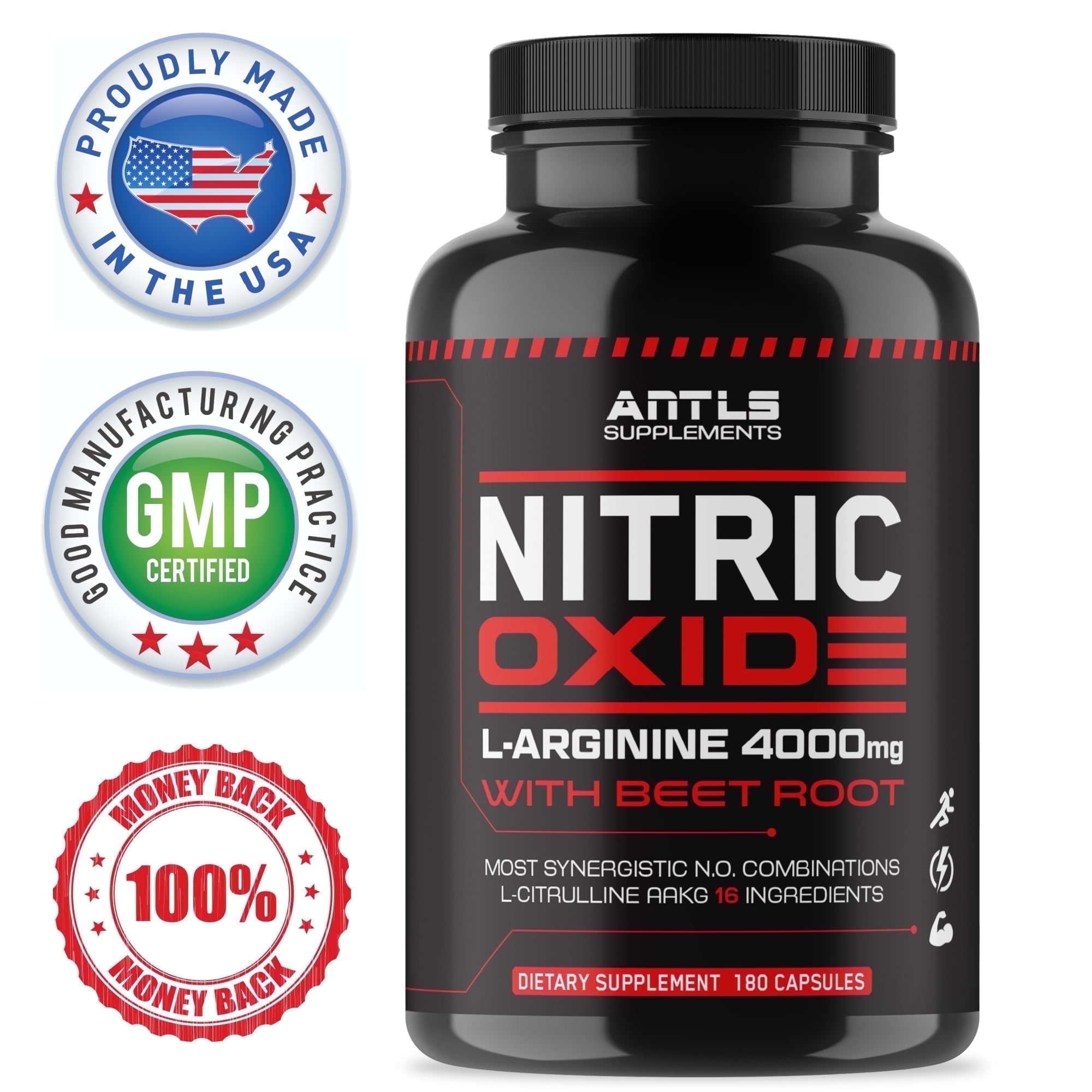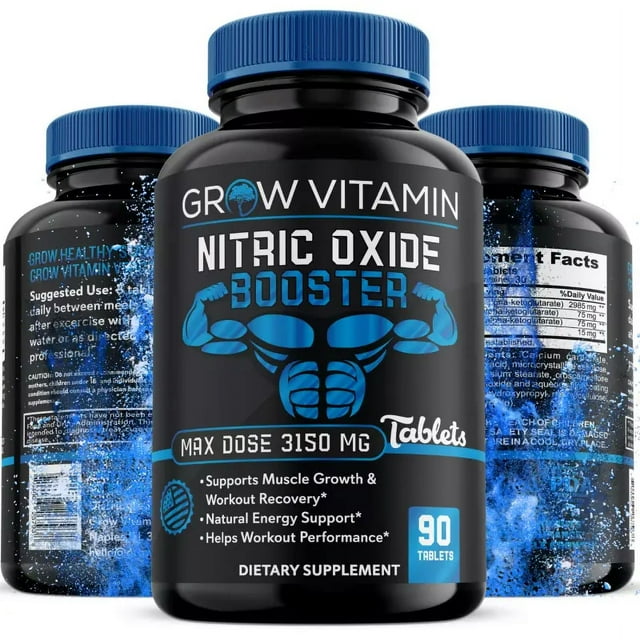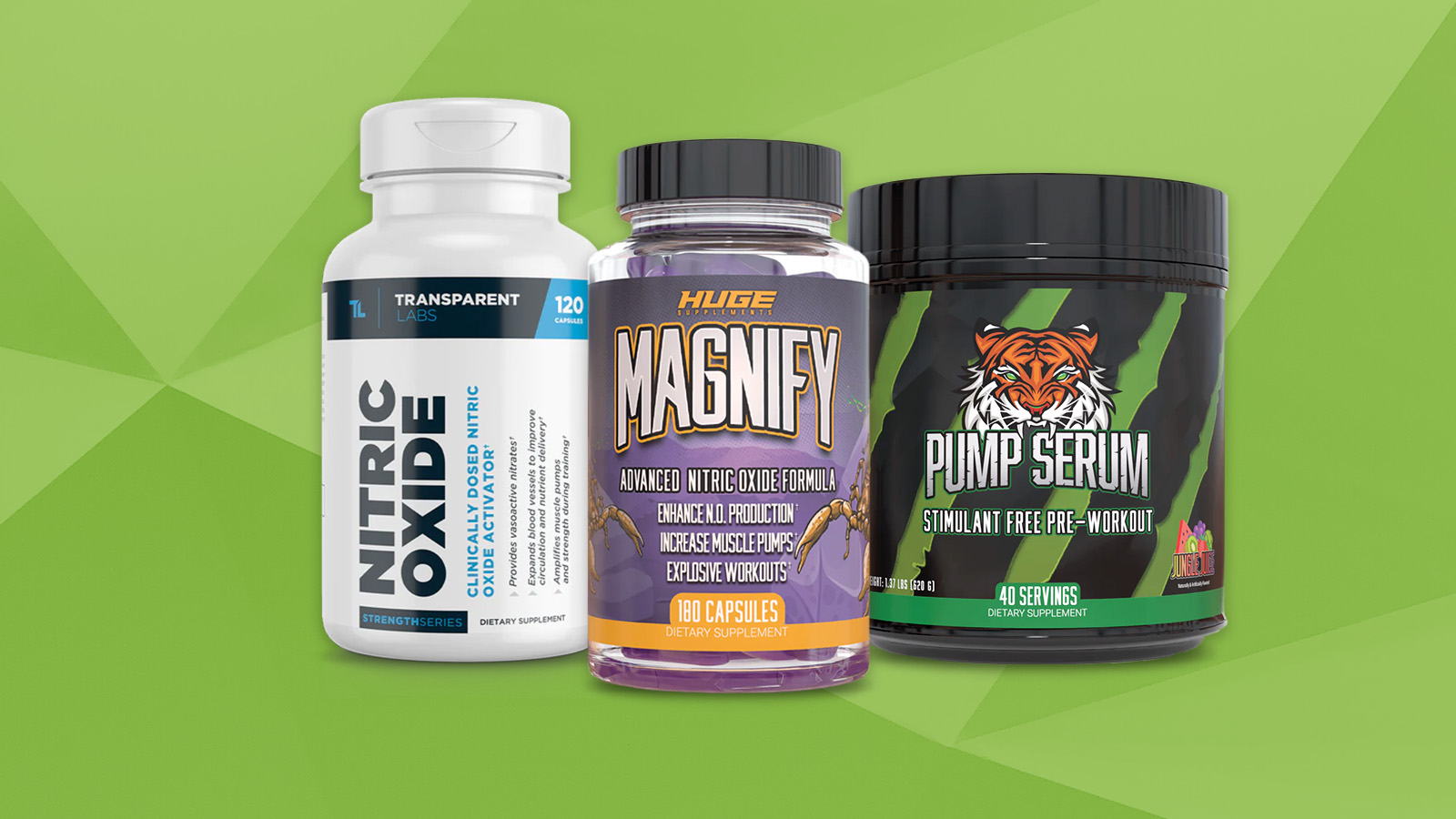Best Testosterone And Nitric Oxide Booster

The quest to optimize physical performance and vitality has fueled a burgeoning industry of supplements promising to boost testosterone and nitric oxide levels. These compounds play crucial roles in muscle growth, energy production, and overall well-being, making them attractive targets for athletes, bodybuilders, and individuals seeking to combat the effects of aging.
However, the market is saturated with products making unsubstantiated claims. It's imperative to separate evidence-based options from marketing hype.
This article delves into the science behind testosterone and nitric oxide boosters, examining the ingredients with the most robust evidence, exploring the potential benefits and risks, and offering guidance for consumers navigating this complex landscape.
Understanding Testosterone and Nitric Oxide
Testosterone, a primary male sex hormone, is essential for muscle mass, bone density, libido, and energy levels. Its natural production declines with age, leading some to seek supplementation.
Nitric oxide, on the other hand, is a molecule that relaxes blood vessels, improving blood flow and oxygen delivery to muscles. This can enhance athletic performance and cardiovascular health.
Many supplements claim to boost both testosterone and nitric oxide, but the efficacy and safety of these products vary widely.
Evidence-Based Testosterone Boosters
Several ingredients have shown promise in supporting healthy testosterone levels, although results can vary depending on individual factors and dosage.
D-Aspartic Acid (DAA)
DAA is an amino acid involved in the synthesis of testosterone. Some studies suggest it can increase testosterone levels, particularly in men with low testosterone.
However, other studies have shown no significant effect, highlighting the need for further research.
Tribulus Terrestris
Tribulus Terrestris is an herb often marketed as a testosterone booster. While it may enhance libido, scientific evidence supporting its impact on testosterone levels is limited and inconsistent.
Fenugreek
Fenugreek is an herb traditionally used for various health purposes, including boosting testosterone and libido. Some studies have indicated that fenugreek extracts can improve testosterone levels and sexual function, particularly in men with low testosterone.
Vitamin D
Vitamin D plays a critical role in various bodily functions, including hormone production. Studies have shown a correlation between vitamin D deficiency and low testosterone levels.
Supplementing with vitamin D may help improve testosterone levels, especially in individuals who are deficient.
Zinc
Zinc is an essential mineral involved in testosterone production. Zinc deficiency can lead to reduced testosterone levels, so supplementation may be beneficial for those who are deficient.
Effective Nitric Oxide Boosters
Increasing nitric oxide levels can improve blood flow, potentially leading to enhanced athletic performance and cardiovascular health.
L-Arginine
L-Arginine is an amino acid that serves as a precursor to nitric oxide. While L-Arginine supplementation was once popular for boosting nitric oxide, its bioavailability is limited, making it less effective than other options.
L-Citrulline
L-Citrulline is another amino acid that is converted into L-Arginine in the body, leading to increased nitric oxide production. L-Citrulline is often considered more effective than L-Arginine due to its better bioavailability.
Studies have shown that L-Citrulline supplementation can improve exercise performance and reduce muscle soreness.
Beetroot Juice
Beetroot juice is rich in nitrates, which are converted into nitric oxide in the body. Numerous studies have demonstrated that beetroot juice supplementation can enhance exercise performance, particularly endurance activities.
Potential Risks and Side Effects
While some testosterone and nitric oxide boosters may offer benefits, it's essential to be aware of potential risks and side effects.
Testosterone boosters can potentially cause acne, hair loss, mood changes, and prostate enlargement. It's crucial to consult with a healthcare professional before using these supplements, especially for individuals with pre-existing health conditions.
Nitric oxide boosters, particularly those containing high doses of L-Arginine or L-Citrulline, can cause gastrointestinal distress, such as nausea, diarrhea, and abdominal cramping. Beetroot juice can also cause beeturia, a harmless but noticeable red discoloration of the urine.
Navigating the Supplement Landscape
The supplement industry is largely unregulated, making it challenging to ensure the quality and safety of products.
Consumers should carefully research products, read labels, and choose brands that have been independently tested for purity and potency.
It's always best to consult with a healthcare professional or registered dietitian before using any testosterone or nitric oxide booster.
They can assess individual needs, evaluate potential risks, and provide personalized recommendations.
The Future of Performance Enhancement
Research into testosterone and nitric oxide boosters is ongoing. Future studies may uncover new and more effective ingredients, as well as refine our understanding of the optimal dosages and safety profiles of existing compounds.
The personalized medicine approach, where supplementation is tailored to individual needs and genetic profiles, may also play an increasing role in optimizing performance and well-being.
Ultimately, a holistic approach that includes a balanced diet, regular exercise, and adequate sleep remains the foundation for maximizing physical performance and vitality. Supplements should be considered as potential adjuncts, not replacements, for a healthy lifestyle.



